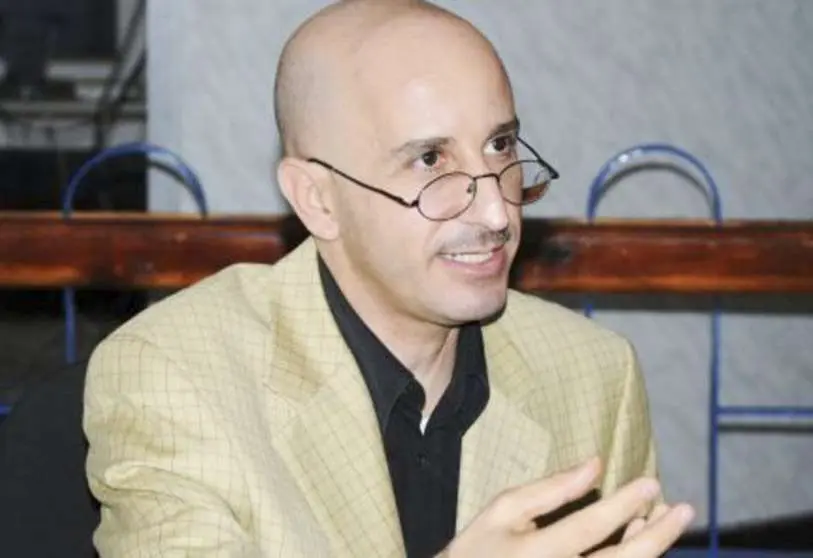The Djabelkhir case or the trial of democracy

What is the value of freedom of conscience and freedom of enquiry in Algeria? Unfortunately, to take the measure of these fundamental rights, you have to go to court.
If there is one trial that is emblematic of the current situation in the country, it is probably the one against the Islamologist Saïd Djabelkhir. The researcher, known and recognised for his numerous academic publications and books on Islam and Sufism, is accused of "offending the concepts of Islam". Algerian law punishes with 3 to 5 years in prison and/or a fine "anyone who offends the prophet or denigrates the dogma or precepts of Islam, whether by writing, drawing, statement or any other means". But who can offend the religion and how? This is the answer to which this inquisitorial trial must respond.
So far, it is a professor on electronic security who is suing the Shari'a specialist.
And if the situation seems incongruous, that is because it is.
Debating ideas usually takes place in universities, in lecture halls, in the media... but this time it is in a court of law and this thought is judged and banned.
What can law do in the face of research? And, moreover, why pit one against the other? Inventing antagonisms and creating enemies seems to be the accusatory strategy. The legislator is supposed to protect freedom of enquiry, not curtail it, and it is even said to be written in the Constitution!
The lawyers of Djabelkhir, a philosopher and and creator of the think tank “Circle of Lights for Free Thought” (CLPL), do not find any legal justification for the trial.
Unfortunately, going to court has become commonplace in Algeria. Everyone goes there: old people, young people, men, women, associations, activists, journalists.... The Sidi M'hamed Court is no longer empty and the number of trials continues to increase. For the Algerian League of Human Rights, this is "an unnecessary diversion". The LADDH described the trial as "scandalous" and expressed its full solidarity with the Islamologist. It reiterates "its demand that the freedoms of academic research, expression and opinion be respected, and reminds the government that it must respect its obligations under international conventions ratified by Algeria, including the International Covenant on Civil and Political Rights (...) The LADDH denounced "the criminalization of ideas, debate and academic research yet guaranteed by the Constitution". It is in the Chambers of Justice that the cursor of democracy can be placed and its foundations questioned. The Djabelkhir trial shows how much our democracy suffers.
The verdict was announced last week: Said Djabelkhir was sentenced to three years in prison.
He recently told AFP that "the traditional readings [of the Quran] no longer meet the expectations, needs and questions of modern man. We need a great effort to rethink the founding texts of Islam".
Said Djabelkhir was a target of radical groups who have not stopped attacking him on social media, but he proved to be more resilient and convincing than some people thought. He stood firm against takfirist (excommunicating) movements and constantly warned of their dangers and the drifts of orthodoxy. "It is inconceivable that a Shari'a scholar would offend the Muslim religion," he said.
If Djabelkhir is convicted on appeal, we will all be convicted. This means that Salafism, Wahhabism and more fundamentalist readings of the religion have taken over from the Islam of enlightenment.
This trial is not only about Algeria and Algerians, but about extremism and its rise around the world. Radicalism knows no borders, it is present in all regions.
Freedom of expression, freedom of thought and criticism are global issues, and the global pandemic has reminded us of this. How many of us have not been concerned about the deterioration of press freedom in China? If whistleblowers had the right to speak out and journalists had the right to be informed, the pandemic we are experiencing could probably have been avoided.
Just as the eyes of the world have turned to the trial of George Floyd in the United States, it is essential to follow closely the trial of Said Djabelkhir, which questions, above all, our sense of justice and our attachment to freedom and knowledge.

